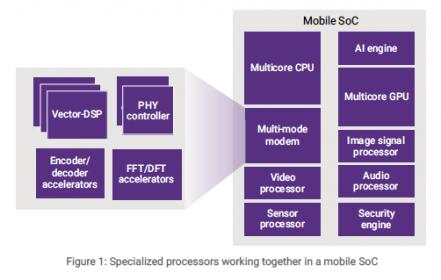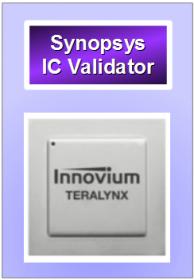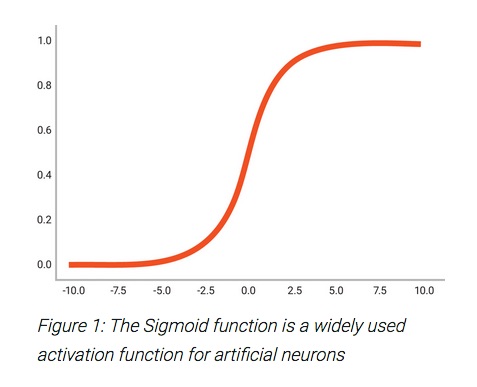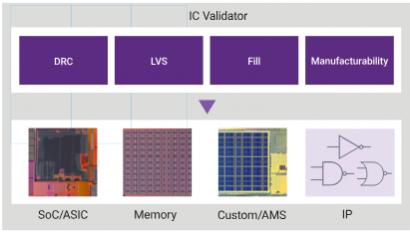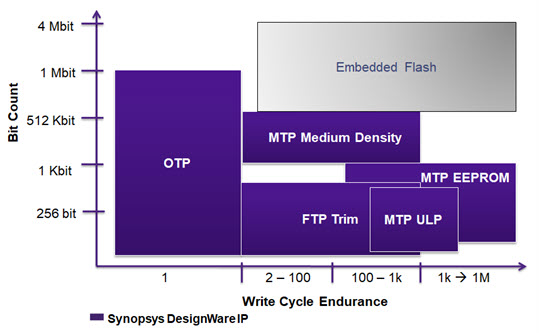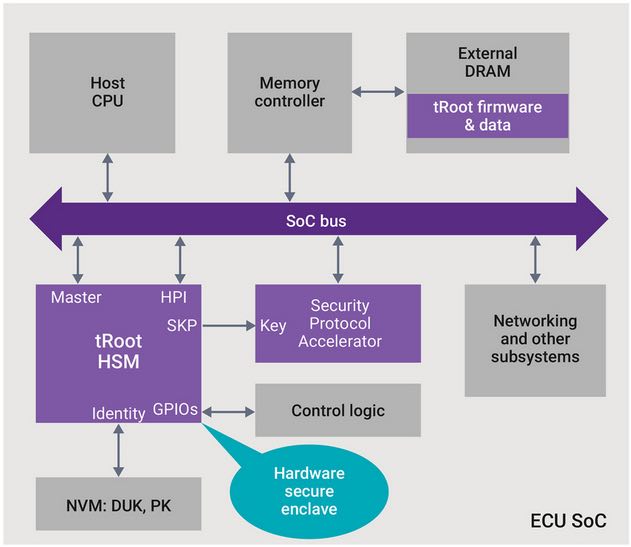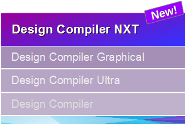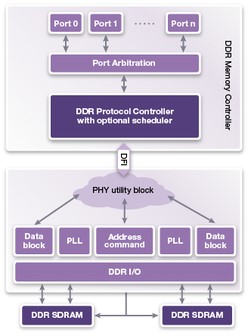SOC designers face choices when it comes to choosing how to implement algorithms in their designs. Moving them to hardware usually offers advantages of smaller area, less power and faster processing. Witness the migration of block chain hashing from CPUs to ASICs. However, these advantages can come with trade-offs. For one, … Read More
Switch Design Signoff with IC Validator
The surge of network traffic at the data centers has driven to an increase in network bandwidth, doubling every 12-15 months according to a study conducted on Google’s data centers. The primary drivers to this uptick include the proliferation of cloud computing, more distributed storage architecture, emerging applications… Read More
Mathematics are Hard – That is Why AI Needs Mathematics Hardware
The field of artificial intelligence has relied on heavy inspiration from the world of natural intelligence, such as the human mind, to build working systems that can learn and act on new information based on that learning. In natural networks, neurons do the work, deciding when to fire based on huge numbers of inputs. The relationship… Read More
Physical Verification with IC Validator
If a picture worths a thousand words, a tapeout quality SoC design with billions of polygons would compose a good book. To proofread this final design transformation format requires a foundry driven DRC/LVS signoff solution that nowadays is becoming more complex with further process scaling and shrinking pitch dimension.
Despite… Read More
Synopsys Offers Smooth Sailing for OTP NVM
Nobody likes drama. Wait, let me narrow that down a bit. Chip designers really hate drama. They live in a world of risk and uncertainty, a world that tool and IP vendors spend considerable resources trying to make safer and more rational. It’s notable just how ironic that Sidense and Kilopass were duking out patent litigation in the… Read More
Next-Generation Formal Verification
As SoC and IP designs continue to increase in complexity while schedules accelerate, verification teams are looking for methodologies to improve design confidence more quickly. Formal verification techniques provide one route to improved design confidence, and the increase in papers and interest at industry conferences… Read More
Car Vandals Eschew Crowbars
It used to be that automotive theft and crime was perpetrated with a crowbar. Now with increased electronics content, car designer and owners need to worry about electronic threats. Anywhere there is a communication link or a processor, there are potential threats to the security of the car. The range of these threats covers everything… Read More
Design Compiler – Next Generation
Back in 1986, Synopsys started out with a synthesis product by name of SOCRATES, which stands for Synthesis andOptimization ofCombinatorial logic usingRule-basedAndTechnology independentExpertSystem. It is fair to say that not many designers know that was the birth name of what eventually turns out to be a very successful… Read More
Synopsys DDR5 LPDDR5 Memory Interface IP Targets AI, Automotive, and Mobile SoCs
Synopsys announced on October 24 new DesignWare[SUP]®[/SUP] Memory Interface IP solutions supporting the next-generation DDR5 and LPDDR5 SDRAMs. The DDR5 and LPDDR5 IP significantly increase memory interface bandwidth compared to DDR4 and LPDDR4/4X SDRAM interfaces, while reducing area and improving power efficiency.… Read More
Fusion Synthesis for Advanced Process Nodes
Synopsys recently unleashed Fusion Compiler™, a new RTL-to-GDSII product that enables a data-driven design implementation by revamping Design Compiler architecture and leveraging the successful Fusion Technology –seamlessly fusing the logical and physical realms to produce predictable QoR. It is a long-awaited… Read More


